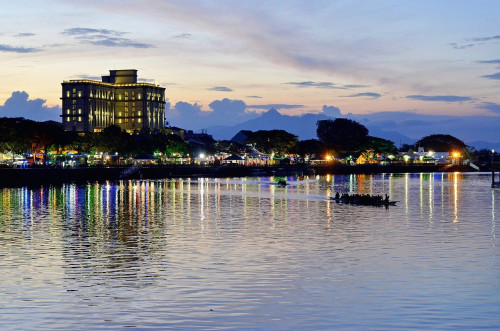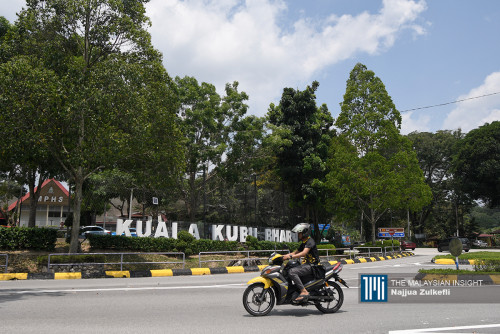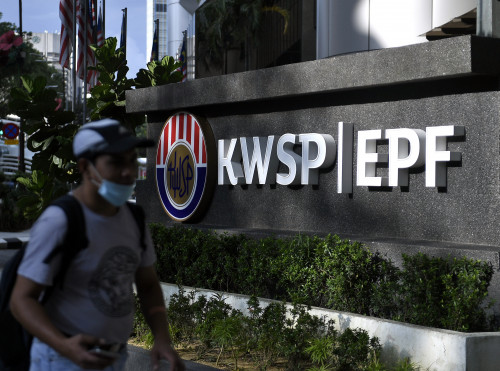RECENTLY, it was reported that over 500 Rohingya refugees escaped an immigration detention centre in Kedah. The news set alarm bells ringing, stirred nationwide debates and prompted calls by humanitarian organisations for better treatment of the displaced. Amidst the maelstrom of emotions, we were once again reminded of the plight of those who straddle this vulnerable world.
Of late, the vulnerability of marginalised communities has deepened in the wake of the Covid-19 health crisis. And, despite divergent opinions about their presence in Malaysia, refugees and asylum seekers have been receiving an outpouring of support and sympathy, especially during these challenging times.
This is particularly crucial for refugees who find themselves in host countries that are not party to the 1951 Refugee Convention (which includes Malaysia) since they do not have recourse to public funds. Inevitably, the inaccessibility of public services has increased refugees’ dependence on local community centres that are filling the gaps by providing alternative schooling and healthcare.
These centres are usually established and run by respective communities and often struggle with limited fundings and manpower, relying on additional help from participating organisations and institutions.
Given the escalating demand for their support, benefactors, now facing the challenge of procuring more resources, have found it increasingly necessary to re-examine community engagement strategies so that they bring longer-lasting impacts and open the door to self-reliance. Where immediate relief is extended to address one crisis after another, this needs to be supported now with holistic, sustainable measures that will build capacity to help disadvantaged communities become more financially independent.
Increasingly, the idea of enablement and empowerment is one that has been gaining currency. Not-for-profit organisations and institutions including universities, involved in community engagement activities are keen to create more opportunities to enable vulnerable individuals and communities to upskill and carve their own pathways towards a sustainable future. Support, they say, has to go beyond providing short-term relief and should be built into social innovation programmes that will take beneficiaries beyond the crisis.
“When we engage with communities, we have to look at the bigger picture. We may be responding to an immediate need, but we have to consider the broader perspectives, too.
"How are we helping the communities to grow? What are we growing and how is it sustainable?” asks Professor Khoo Suan Phaik, dean of the Community Engagement office of the International Medical University (IMU).
“Community engagement needs to build communities, support individuals to become more independent and create opportunities for the future. We can do this by sharing skills, giving them knowledge and enabling them to be more proactive in improving their lives.”
Echoing this sentiment, Htoi San Nhkum (Sam), a refugee from Myanmar who heads the Kachin Refugee Learning Centre in Bukit Bintang, stresses the need to promote a wider understanding of refugees’ desire to have financial independence.
“We do not want to continuously rely on charity,” she says.
“We are survivors. We work hard and we need the skills and knowledge to help us to become more self-reliant. While we are very grateful for all the support we get here in Malaysia, we need to plan and prepare for the future and we need to get life skills and education to help us to do this,” adds Sam.
The Kachin refugee women community was recently gifted with ten sewing machines by IMU Cares, which operates under the university’s Community Engagement Office. This was part of a mask and PPE-making project. For Sam and her colleagues, this was not just a timely gift to make up for the loss of income during the Covid Lockdown, but an opportunity to start carving the road to financial independence.
Describing the sewing project as an effort to support and empower the Kachin refugee community, Khoo stresses the importance of offering communities support which can potentially bring both immediate and lasting benefits that can affect sustainable outcomes.
One such endeavour, the Digital Literacy and Entrepreneurship programme offered jointly by the Women’s Aid organisation, IMU and Uniqlo, has seen women refugee communities like Sam’s eagerly signing up to pick up new skills. IT and marketing skills are both prerequisites to securing financial independence.
Upskilling is a big part of how enablement can enrich transitional lives and activate refugees into embracing new practices and attitudes that can help build better futures. However, it is only part of the story. Taking this further, many community centres providing education for refugee children, are cognisant that the foundation to independence and self-efficacy must be built from an early age. Capacity-building begins within the peeling walls of barely-furnished rooms the refugee children call school.
Undoubtedly, many are thankful for the involvement of external organisations and universities for the regular visits to provide a range of lessons that take the children beyond the academic curriculum. So, health programmes like the ones IMU provides which include practical lessons on nutrition, healthcare and safety are a welcome addition.
In the words of the head of the Lautu Education Centre for Myanmar children, Boscu Dawt Cung Thang, “these are the kind of support that will teach children to be independent and confident so that they can deal with all the uncertainties in their lives,”
Refugee children have a rough road ahead of them. They need to be given life skills to negotiate the challenges they face settling into a new country, or living temporary lives while their parents wait for the UNHCR approval for resettlement to a third country. This could take years. Sam, for example, has been in exile in Malaysia for 15 years.
“What can you do in the meantime? You can’t wait for charity all your life. You just have to learn new things so that you can prepare for the future.”
She is right. Empowerment starts with the willingness to be transformed. – The Vibes, April 27, 2022
Dina Fuad is a freelance writer, coach and an English language teacher. An ex-BBC journalist, she also has vast Community Engagement experience, having worked on Refugee Integration projects in the UK for over 15 years.



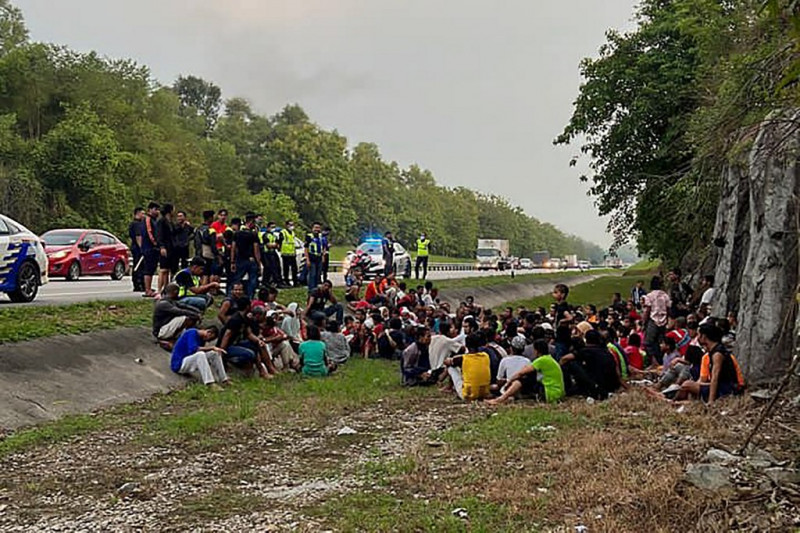
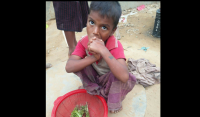

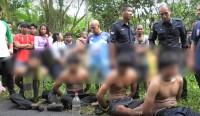

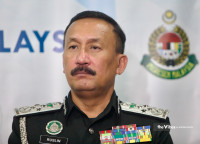

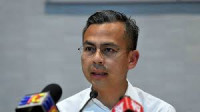
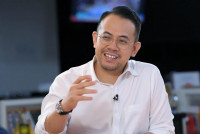
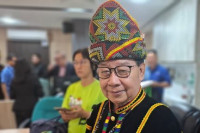
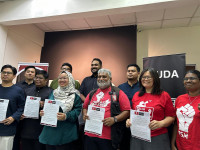
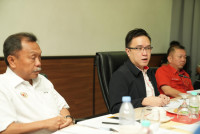
.jpg)

